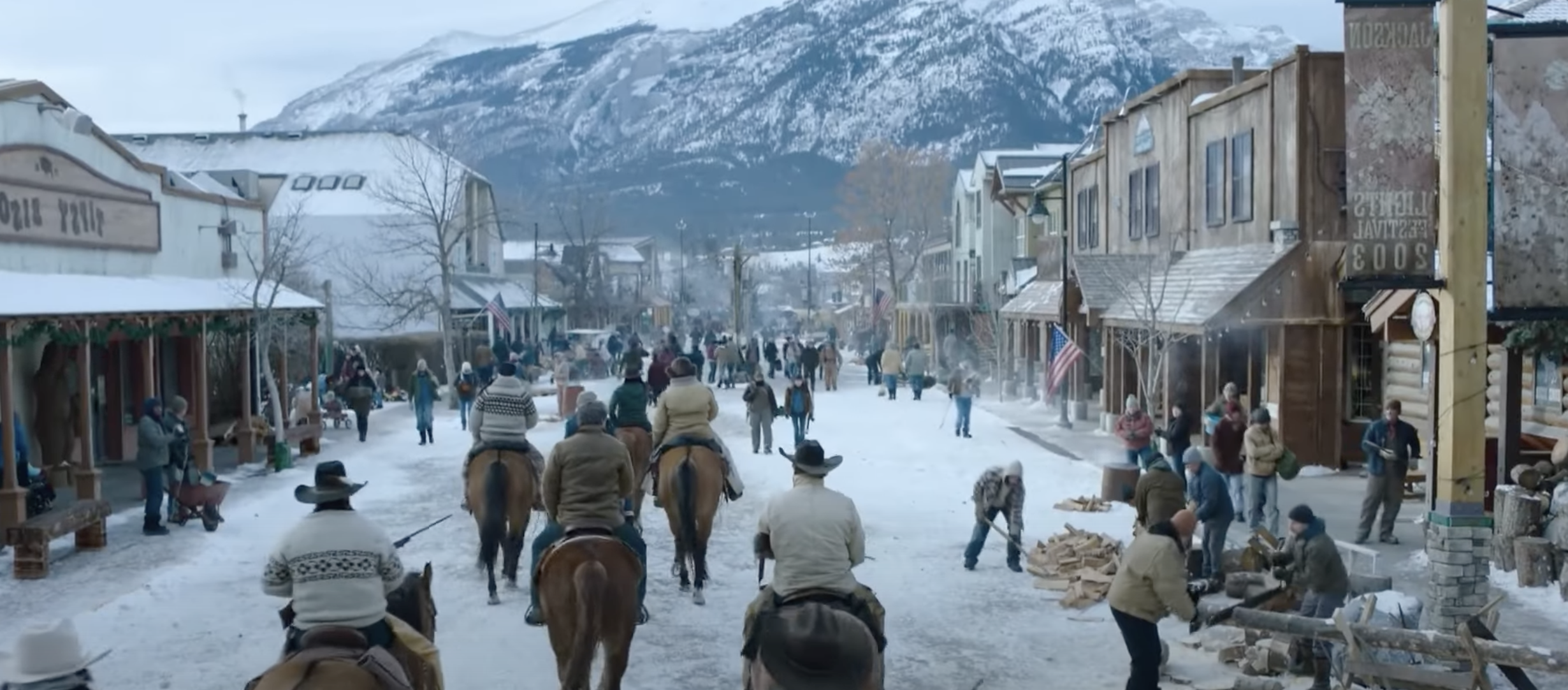With the dust having settled since the finale of the first season of HBO’s The Last of Us, I think most will agree that it was not only a masterclass in adaptation, but also arguably the greatest video game adaptation of ever made.
Part of what made it such an exceptional translation to television is that while it was notably faithful to the source material – sometimes down to the shots and dialogue – series co-developers Neil Druckmann (who also created, wrote, and directed both video game entries for the game studio Naughty Dog) and Craig Mazin were not afraid to make changes where they deemed it necessary. This is made clear from the chilling opening talk show sequence, to altering the nature of cordyceps so there are no spores, which would have been logically problematic in a more grounded setting. However, the greatest instance of deviation was the entire third episode, which resulted in one of the most beautiful love stories in recent television history, offering a much-needed glimmer of hope in the harsh, ravaged world of The Last of Us. In the video game, we never see Frank alive, with he and Bill coming to resent one another towards the end of their relationship.
While HBO’s The Last of Us gave fans what they wanted and then some, many argue that the show was at its best when it deviated from the video game’s distinguished path. While many of the changes in season one worked well with hindsight, those familiar with the story of The Last of Us: Part 2 have the foresight to realise that one particularly pivotal – and controversial – event early in the game will not gel with the show’s second season as it is, and change will absolutely be necessary.
For those who have not played The Last of Us Part II, or are not familiar with the story, there will be major spoilers ahead. You have been warned!
With that out of the way, those of you still here are surely aware (or simply don’t care about spoilers) that the event I am speaking of is the death of Joel at the hands of Abby. Bear in mind, this is not an indictment of the narrative decision itself, even though it made for a harsh enough gut punch without even considering that you then play as Joel’s murderer later in the game, which was, admittedly, a tough pill to swallow initially. The Last of Us Part II is a powerful meditation of the never-ending cycle of violence and what we ultimately lose in the pursuit of vengeance, and forcing us to play as Abby and see her own perspective is a central part of its delivery. However, because Abby’s actions were committed so early, and the pain of it lingers for so long, I had trouble connecting with Abby while controlling her character for a significant period, even though I did largely come around in the end. In a video game format, Naughty Dog were able to make this largely work because of the inherent active input the medium requires of players, but to a passive viewer of a TV show, going about things in this order would be hugely detrimental to Abby’s character for audiences.
This is speaking from a purely narrative perspective. Instead of the audience’s introduction to Abby being her brutally murdering one of the show’s central characters, it would make much more sense to have her story and background unfold throughout the second season before committing the act in its finale, or perhaps even opening the third season with this. If the context of Joel having murdered Abby’s father is offered within moments of taking his life, it would add to the complexity of the show’s themes, while audiences can at least sympathise with her position, even if they don’t like one of the show’s favourite characters being killed off.
While this is all somewhat speculative, there is a good chance that they follow this structure to a large degree. We know Abby is coming in season two because in March Druckmann put up a teaser poster of her unmistakably ripped forearm clutching a hammer, while Mazin confirmed in January that Part II is “more than a season’s worth of television.” This is all without considering that Joel is played by one of the most beloved actors in the world right now, Pedro Pascal, and surely the show’s creators are keenly aware of what he adds to the production in terms of fanfare, not to mention bona fide talent that cannot and should not be short lived on a TV show such as this. However, Joel’s death is necessary, and killing him off in the end of the second season would make for a hell of a closing, which can then lead into a third season where Pascal returns for frequent flashbacks that were a significant part of The Last of Us Part II following Joel’s death.
Only time will tell how Mazin and Druckmann decide to tackle this tricky piece of adaptation, but after a stellar first season where they seemingly made all the right moves, the duo have at least earned our patience and trust as we await further news, namely Abby’s casting.

